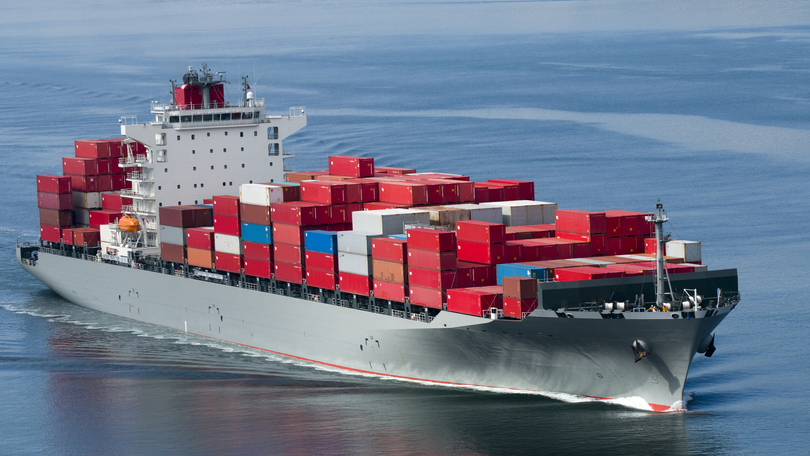
Source: Fotolia / Gary Blakeley
Shipping has traditionally been an important factor in Europe’s economic development. Today, the European Union (EU) is the world’s largest exporter in terms of volume and the second largest importer of goods. For example, 107 million standard containers were transshipped in the main ports of the then EU-28 in 2019 alone. Shipping and all related services are therefore of crucial economic importance to the Union. In the interests of efficient, safe and secure as well as sustainable shipping and port management, the Federal Government is involved in a large number of political and legislative bodies at European and international levels.
The European Green Deal – the road to climate neutrality in shipping
The Green Deal action plan (in German) aims to turn the EU into a climate-neutral economic area by 2050. To this end, among other things, greenhouse gas emissions from transport are to be reduced by 90 %. While shipping is the most efficient mode of transport in terms of capacity, it also offers great potential for further reduction of emissions. In the medium to long term, this will require the changeover to non-fossil fuels and new propulsion technologies. The FuelEU Maritime initiative, which focuses on identifying and promoting marketable sustainable technologies and fuels, is therefore part of the Green Deal. The initiative aims to significantly increase the demand for and competitiveness of sustainable low-carbon and zero-carbon fuels compared to conventional fuels and to create incentives for their use.
Safe, secure, clean and smooth navigation
The European Union Maritime Security Strategy (EUMSS) is at the heart of a common European policy on safety and security at sea. It is intended to help respond at an early stage to maritime security risks such as piracy and terrorist threats at sea. Germany is playing a pioneering role through joint security drills conducted at sea by the Federal Maritime and Hydrographic Agency (BSH) and the Federal Police. The Ministry is also working with the European Maritime Safety Agency (EMSA) to prevent and combat pollution from ships.
In order to facilitate the formalities to be completed in connection with a port call, a European Maritime Single Window environment (EMSWe) is currently being developed, which will advance the electronic registration and handling of ships. The European Common Information Sharing Environment (CISE) will enable maritime authorities to share information more efficiently and safely in the future.
Integrated Maritime Policy
In order to create a holistic approach to all maritime policies of the EU and its Member States, the Integrated Maritime Policy (IMP) provides the framework facilitating the development and coordination of different and sometimes contradictory marine-based activities. Important topics include the protection of biodiversity on the high seas, the reduction of the deposition of plastic waste into the marine environment and the sustainable use of the oceans and seas.
Inland waterway vessels as freight transport giants on European waterways
The Green Deal and the Mannheim Declaration (in German) of the Central Commission for the Navigation of the Rhine of 2018 contain important impetus and targets for the sustainable and competitive design of inland waterway transport, which already has a very good climate balance. With a network of around 25,000 km of inland waterways within Europe, this is of enormous importance for a sustainable logistics chain. The Ministry is currently working at European level to create the conditions for the use of electric drivetrains based on fuel cells for inland navigation.
Maritime policy at international level
International shipping fundamentally requires internationally valid regulations. For this reason, the Federal Government is playing an active role in United Nations organizations and committees – in particular the International Maritime Organization (IMO) – and other international organizations, as well as in multilateral forums, in order to help shape the (continued) development of globally applicable regulations that allow for both maximum effectiveness and fair competition. At international level, too, cooperation among EU member states is helping to develop ambitious solutions. Many of the international rules created this way are uniformly implemented by the EU for its single market.